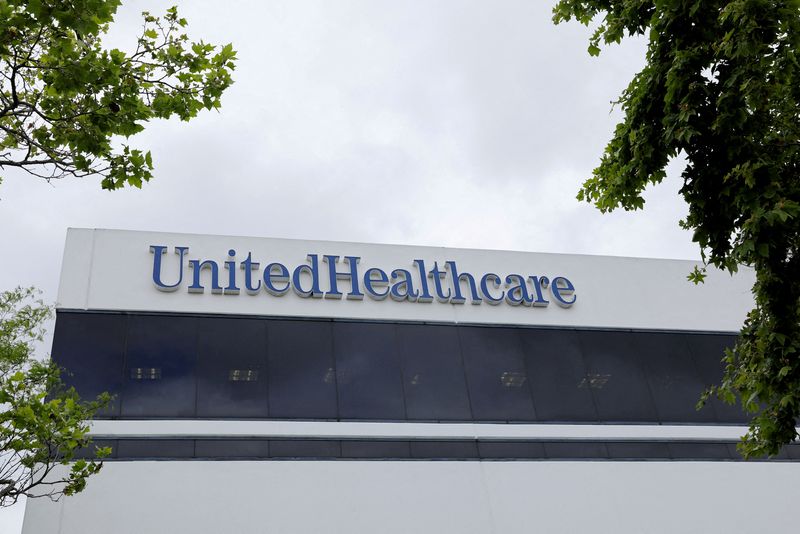(Reuters) -Shares of U.S. health insurers jumped on Tuesday after a bigger-than-expected increase in the government’s reimbursement rates for Medicare Advantage plans in 2026 signaled some relief for a sector burdened with steep medical costs.
Shares of Medicare-focused insurer Humana led gains with a nearly 15% jump in premarket trading, while other health insurers including UnitedHealth Group, Centene and CVS Health advanced between 5% and 9%.
The 5.06% average increase, roughly double of what was proposed by the government in January, could help profit margins in the sector after a post-COVID surge in demand for medical procedures drove up costs.
The “best-case scenario” rates, coupled with rising tariff risk, make health insurance stocks a strong relative safe haven, Baird Research analysts said in a note to clients.
Some health insurance stocks have performed well despite a recent market rout triggered by escalating worries over a trade war. Centene and Molina Healthcare notched gains last week, when broader markets plunged after President Donald Trump’s tariff announcement.
The rate the U.S. government pays to private health insurers to manage Medicare for people aged 65 and older or with disabilities influences the monthly premiums these companies charge, the plan benefits they offer and, ultimately, their profits.
The Centers for Medicare & Medicaid Services had earlier proposed a 2.2% increase in 2026 payments. Last year, the government announced a 0.2% decline in the reimbursement rates for 2025.
The agency said the rate change mainly accounts for additional data on rising costs for insurers, including payment data through the fourth quarter of 2024.
Health insurance stocks had a rough 2024 with most companies ending the year in the red due to low government payments, high medical costs and public backlash against the sector after the murder of a UnitedHealth executive.
(Reporting by Manas Mishra in Bengaluru; Editing by Vijay Kishore and Devika Syamnath)




Add Comment